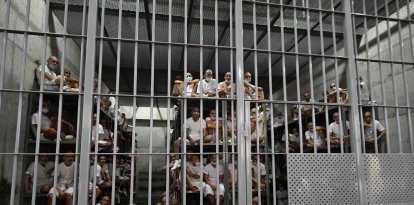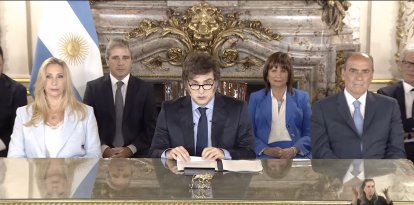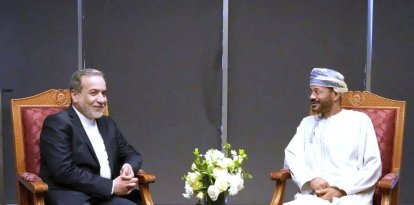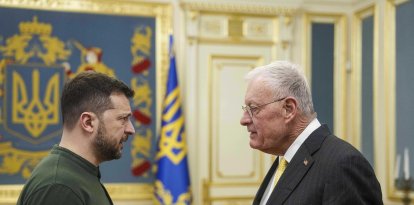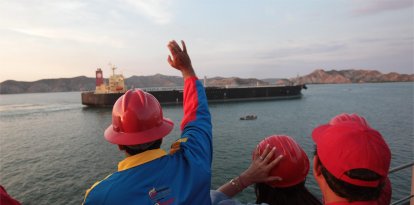BRICS expands and promises a new world order: admits Argentina and 5 other countries
The new members include Iran, Saudi Arabia, the United Arab Emirates, Egypt and Ethiopia. Membership will take effect Jan. 1, 2024.

Argentina/Wikimedia Commons
The economic bloc known as BRICS (Brazil, Russia, India, China and South Africa) announced that it has invited six more countries to join, among which Argentina stands out. The group brings together nations whose economies are considered to be in rapid growth, despite data from Argentina reflecting the opposite.
The announcement was made during the 15th BRICS summit. The new members are Iran, Saudi Arabia, the United Arab Emirates, Argentina, Egypt and Ethiopia.
"We have decided to invite the Argentine Republic, the Arab Republic of Egypt, the Federal Democratic Republic of Ethiopia, the Islamic Republic of Iran, the Kingdom of Saudi Arabia, and the United Arab Emirates, to become full members of BRICS. The membership will take effect from the first of January 2024," South African President Cyril Ramaphosa said in a statement collected by CNN.
"BRICS will remain the engine of a world order"
In addition, after the announcement, the current members assured that they remain committed to the objective of achieving what they deem to be a new world order. This was stated by Brazilian President Lula da Silva, who assured that the bloc remains open to inviting other countries.
"The relevance of BRICS is confirmed by the growing interest shown by other countries in joining the group. ... BRICS will continue to be the engine of a more just world order and an indispensable actor in the promotion of peace, multilateralism and the defense of international law," Lula wrote on X (Twitter).
"We will promote the overcoming of all forms of inequality and discrimination. BRICS welcomes new members to this important event," the socialist leader added.
Alberto Fernández, president of Argentina, celebrated the decision through a statement published by the Argentinian Foreign Ministry and pointed out that BRICS represents an opportunity to establish a new geopolitical and economic "benchmark," which currently represents 24% of global GDP, 16% of exports and 15% of world imports of goods and services.
RECOMMENDATION



